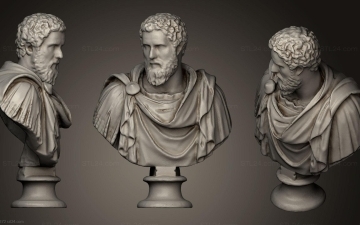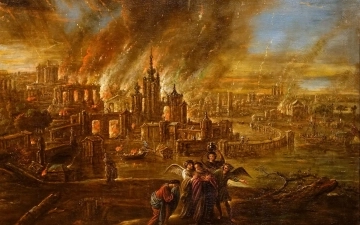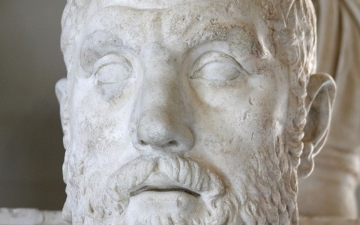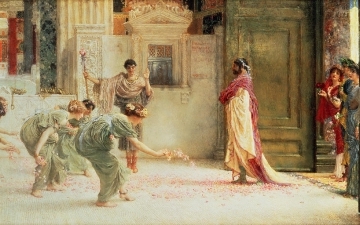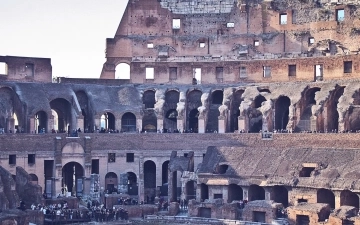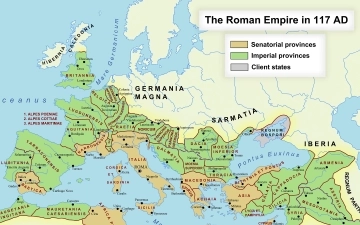Claudius: The Unexpected Emperor and His Surprising Achievements
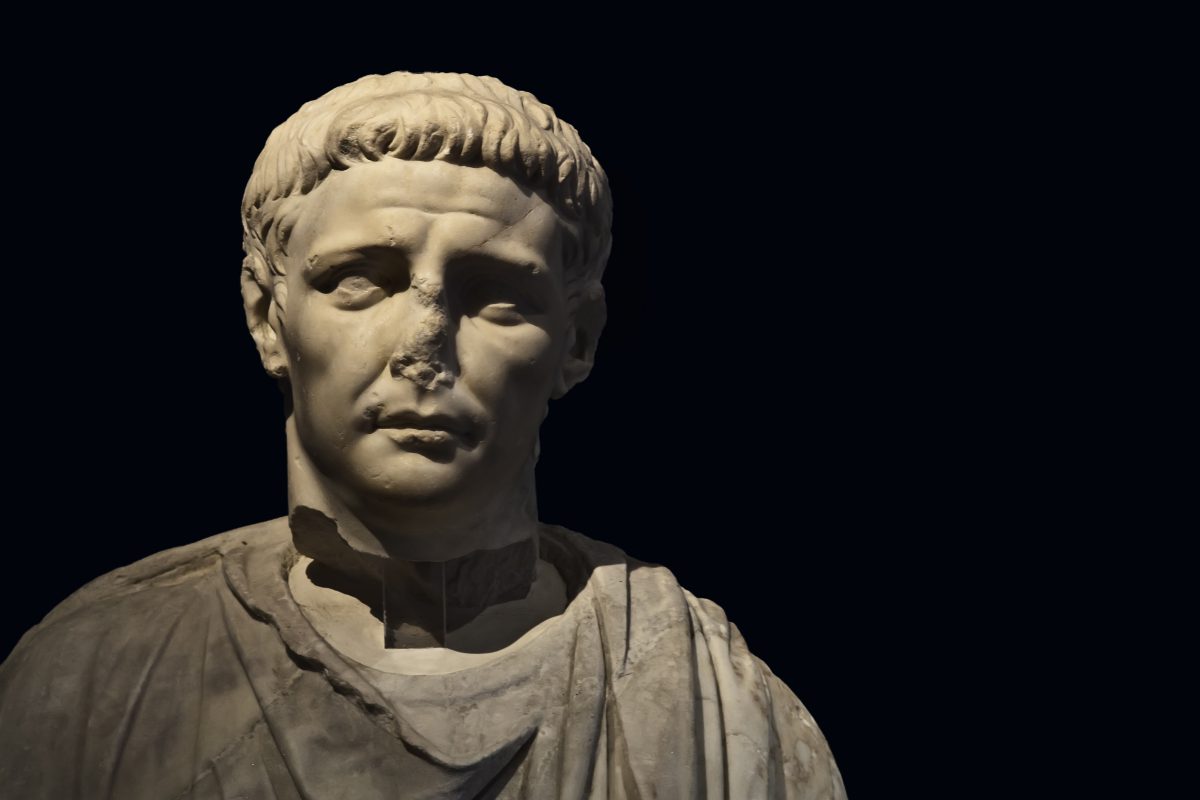
In the annals of Roman history, the name Claudius stands out as a remarkable story of an unexpected emperor who defied the odds and left behind a legacy of significant achievements. Often underestimated due to physical disabilities, Claudius rose to power and proved to be a capable and innovative ruler. In this article, we delve into the life and reign of Claudius, shedding light on his surprising journey and accomplishments.
Early Life and Challenges
Tiberius Claudius Caesar Augustus Germanicus, commonly known as Claudius, was born in 10 BCE. He faced numerous challenges from birth, including physical ailments that led many to dismiss him as unfit for public life. His stutter and limp contributed to his frequent exclusion from the political and social circles of Roman aristocracy.
The Unlikely Ascension to the Throne
Despite his disabilities, Claudius displayed a keen intellect and a thirst for knowledge. He immersed himself in scholarly pursuits, becoming a historian and author. His survival through the tumultuous reigns of his predecessors, including the infamous Caligula, was seen by many as a result of his seemingly unambitious nature.
However, fate had other plans for Claudius. In 41 CE, the Praetorian Guard declared him Emperor following Caligula's assassination. The Senate initially underestimated him, believing he would be easily controlled. Yet, Claudius surprised everyone by his swift and effective consolidation of power.
Reforms and Achievements
Claudius' reign is notable for several achievements:
- Expansion of Roman Territories: He oversaw the successful conquest of Britain, bringing it under Roman rule for the first time.
- Infrastructure and Public Works: Claudius initiated numerous public projects, including the construction of aqueducts and roads, improving the quality of life for Roman citizens.
- Legal Reforms: His reign witnessed significant legal reforms, including the extension of Roman citizenship to non-Italian provinces and the enhancement of the rights of slaves.
- Administration and Bureaucracy: Claudius reformed the imperial bureaucracy, improving its efficiency and reducing corruption.
- Promotion of the Arts: He supported the arts and literature, fostering cultural growth during his rule.
The Legacy of Claudius
Claudius' death in 54 CE marked the end of a transformative reign that defied expectations. While his rule was not without controversy, his accomplishments are undeniable. He expanded and consolidated the Roman Empire, leaving it in a stronger and more stable state. His commitment to public works and social reform improved the lives of many Romans.
Claudius' legacy challenges the notion that leadership is solely determined by physical prowess or charisma. His reign exemplifies the importance of intellect, determination, and vision in effective governance. Claudius, the unexpected emperor, remains a testament to the potential for greatness that lies within even the most underestimated individuals.
Claudius' journey from an overlooked and physically challenged scholar to a capable and reform-minded emperor is a remarkable chapter in Roman history. His surprising achievements continue to serve as an inspiration, demonstrating that leadership and greatness can emerge from the most unexpected quarters.
Related Posts
Didius Julianus: The Emperor Who Bought the Roman Empire
The year 193 AD was a tumultuous one for Rome. The assassination of the capable Pertinax plunged the empire into a crisis of leadership. The Praetorian Guard, the elite imperial bodyguards, found themselves without a master and, true to their corrupt nature, decided to auction off the imperial throne. In...
Read MoreSodom and Gomorrah: The Rise and Fall of Two Ancient Cities
Sodom and Gomorrah are two of the most infamous cities mentioned in ancient religious texts, notably the Bible. For centuries, they have symbolized divine judgment, moral depravity, and catastrophic destruction. Their story is told in the Book of Genesis, and echoes of their downfall reverberate through theology, archaeology, and mythology....
Read MoreMacrinus: The First Equestrian Emperor and His Brief Attempt to Stabilize Rome
Opilius Macrinus, an unexpected figure in the annals of Roman history, ascended to the imperial throne in 217 AD after the assassination of Caracalla. Unlike his predecessors, who hailed from the senatorial aristocracy, Macrinus was an eques, a member of the equestrian order, a social class traditionally associated with business...
Read MoreCaracalla: The Emperor of Bloodshed and the Architect of Roman Citizenship
Caracalla, son of the formidable Emperor Septimius Severus, is a complex and contradictory figure in Roman history. Often remembered for his brutality and paranoia, he is equally renowned for one of the most far-reaching edicts in Roman law. His reign was marked by a tumultuous blend of violence and reform. Shortly...
Read MoreFrom Ancient Rome To Today: 4 Games Played By Emperors And Their Modern Equivalents
In history, Ancient Rome had rulers who enjoyed games that involved intelligence and risk-taking. The interesting part is that some of these games have now evolved to their modern versions that still entertain people. When we look at the Ancient Roman history of emperors having fun, most of them went for...
Read MoreThe Colossal Footprint: Exploring the Roman Empire at its Greatest Extent
The Roman Empire, a name that evokes images of gladiatorial combat, sprawling aqueducts, and stoic emperors, wasn't just a powerful state; it was a colossal empire that stretched across continents. But how vast was its reach at its zenith? This post delves into the greatest extent of the Roman Empire,...
Read More

















